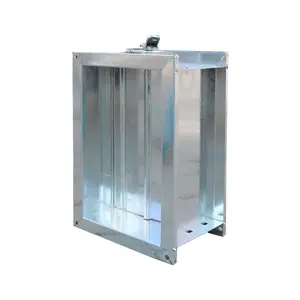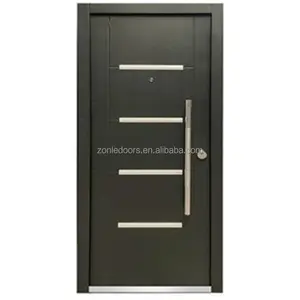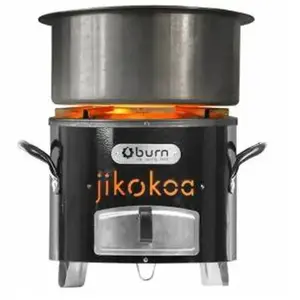Popular in your industry















Related Searches:
























Top categories
About damper actuator price
Damper Actuator Overview
Damper actuators are critical components in HVAC systems, playing a pivotal role in regulating airflow through ducts, chimneys, and other air-handling passages. These devices are essential for maintaining desired temperature and air quality within a space. The category of damper actuators encompasses a variety of models designed to meet specific requirements of commercial and industrial applications.
Types and Materials
There are multiple types of damper actuators, such as pneumatic, electric, and hydraulic, each suited for different operational environments and tasks. The materials used in their construction, typically steel or brass, are selected for durability and compatibility with various temperature and humidity conditions. The choice of material impacts the damper actuator's durability and performance longevity.
Features and Applications
Damper actuators come with an array of features tailored to their application. For instance, some actuators are designed for modulating control, while others are for two-position control. The application of these actuators spans across various industries, including building management systems, where they are integral to controlling the HVAC system's zone regulation.
Advantages of Quality Damper Actuators
Investing in a well-constructed damper actuator can lead to enhanced energy efficiency and reduced operational costs. The precision with which these actuators operate allows for fine control over environmental conditions, contributing to the overall efficiency of HVAC systems. Moreover, the robustness of the materials ensures that the actuators can withstand the rigors of continuous use.
Selection Considerations
When selecting a damper actuator, it is crucial to consider the actuator's torque requirements, control signal type, and the specific environment in which it will operate. These factors will determine the actuator's compatibility with the existing system and its potential for seamless integration. It is also important to consider the actuator's fail-safe features and response time, which are vital for safety and system reliability.
Environmental Impact and Sustainability
The modern emphasis on sustainability has led to the development of damper actuators that are not only efficient but also environmentally friendly. These actuators are designed to consume less power and have a longer service life, which contributes to a lower carbon footprint over their operational lifespan. By choosing the right damper actuator, businesses can make strides towards their sustainability goals while maintaining system performance.




























